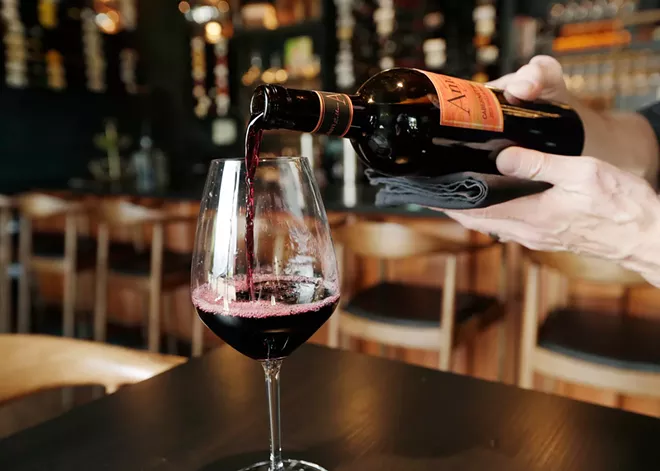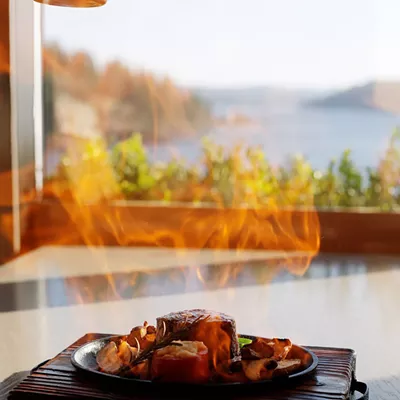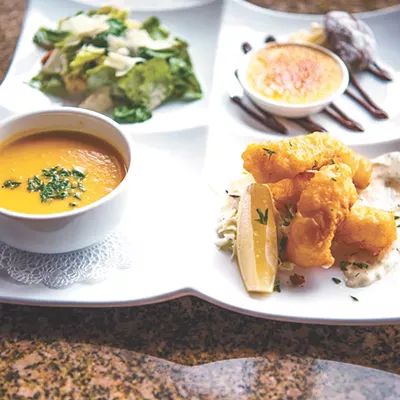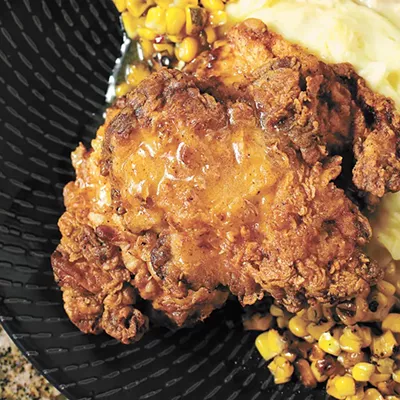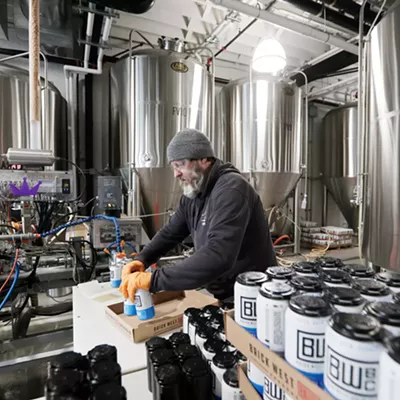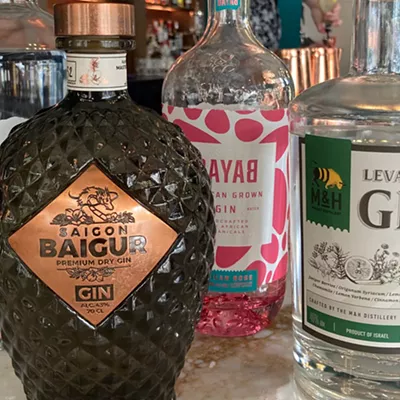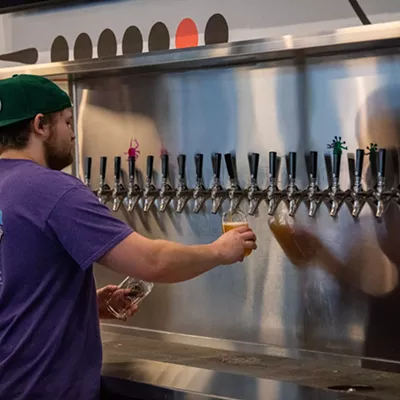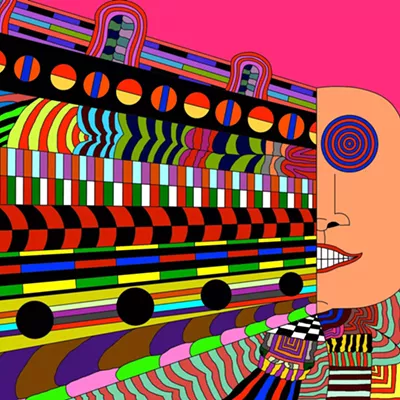
Over four decades working in the wine industry, Sam Lange has perfected his palate and his pitch for pairing wine with food.
His industry background includes opening the Spokane wine shop Grape and Grain more than 40 years ago, close to 20 years as wine steward for the venerable Beverly's at The Coeur d'Alene Resort, and developing wine programs for Pilgrim's Natural Market and other North Idaho establishments.
In fall 2023, Lange launched Lola Wine Lounge in downtown Coeur d'Alene with business partner Anna Lombard. It's safe to say Lange is an expert, yet refreshingly unlike the stereotypical snobby character played by Alan Rickman in the movie Bottle Shock.
"I think we just take it too seriously, and it's just wine," says Lange, adding that "traditionally, people make wine because they just wanna create this thing that makes people happy, and you can have it with food and it enhances your experience."
Lange's advice?
"Mood matters more than food," he says.
"In the end, I can pick out the wine that I think is going to be the great wine with what you're having, but if you don't like that kind of wine, it kind of doesn't matter," Lange says. "You're still not going to like it."
In other words, drink what you like.
However, if you want to expand your gustatory horizons, consider getting some guidance — advice Lange follows, too, when he's dining out.
Although he's likely tasted many of the wines on a restaurant's list, he still wants them to "recommend something that goes with their cuisine and that they love and maybe that I've never heard of before," he says. "That's part of that experience."
If you're like Lange and his wife, for example, you'll typically each order something different and share. In that case, the wine steward's task is to recommend something that goes with both dishes, but also the appetizer, salad and whatever you might be eating throughout the entirety of a meal.
"Frankly, most wines are going to taste fine with most foods," Lange says. "You're not going to have a magical moment where you go, 'Oh, this citrus component of the Sauvignon Blanc accentuates the citrus in the fish or it cuts through the oiliness of this rich oily fish.'"
Again, there's a but. Those magical moments are worth pursuing, Lange says, and for that, he recommends a winemaker's event.
"That way you know flavors in each dish are specifically — hopefully — designed to go with the wines that are served with that," he says.
While at Beverly's, for example, Lange curated wine dinners in collaboration with the culinary team, who built a food menu typically involving a specific winemaker's collection. He'd occasionally pull from Beverly's 14,000-bottle cellar.
The goal is to create a special experience for diners, when they might say, "Oh my gosh, that food was great but then we had it with the wine, and it was a whole 'nother level,'" he says.
Even though Lange advocates drinking what you like, when asked for recommendations, he abides by a few industry-standard guidelines.
"I think it's important not to let the wine overwhelm the food," he says, suggesting a Napa cabernet for a ribeye with a nice char on it.
But if the bottle of wine is a rarity, like a 1945 Chateau Latour — which retails for several thousand dollars — he'd make sure the food didn't overwhelm the wine.
The tannic acids found in red wine paired with sweeter foods can be tricky, although wines with a bit of sweetness can match well with some traditionally spicier cuisines, he says.
"German or Alsatian white wines with Thai cuisine, for example, are a great match," Lange says.
Getting a little more technical, Lange explains there are two approaches to wine pairing: complementary and congruent pairings.
Wine can complement or accentuate food similar to a garnish might, like how lemon brightens up rich fish.
The same fish dish could also be paired with wine that has a congruent profile, "wine that's fresh and citrusy and maybe a little bit herbal" such as a sauvignon blanc. Duck and pork, which are often served with some kind of berry or fruit element, says Lange, would be congruently paired well with berry-forward red wines.
Another reason a winemaker's event is ideal for the wine-curious is the opportunity to learn more about wine and the winemaker's backstory.
"Learning about wine makes wine more enjoyable," says Lange, who has noticed a definite increase in wine consumption, the types and numbers of winemaker's events, and events centered around beer and spirits.
"I think there are more people drinking wine and more people are interested in it, and I think the demand has created the market for it," he says. ♦

